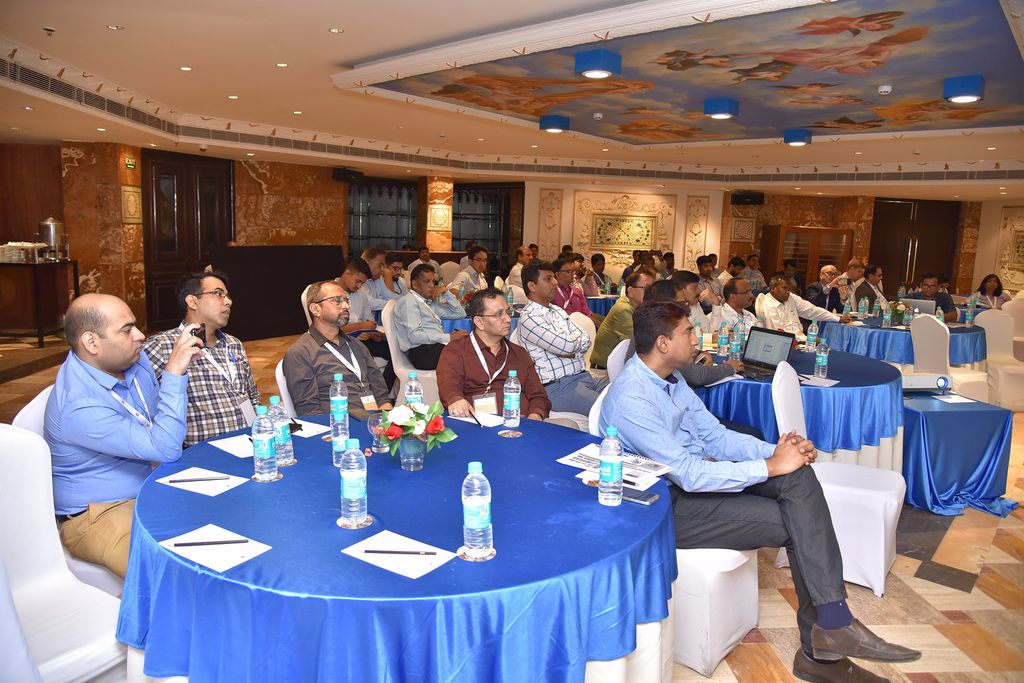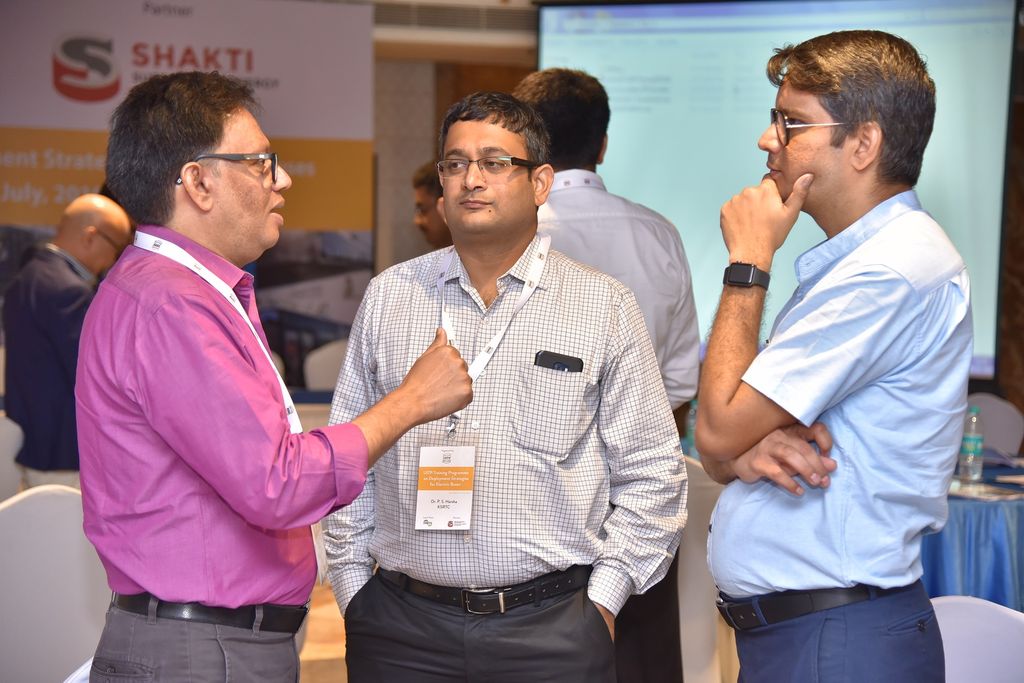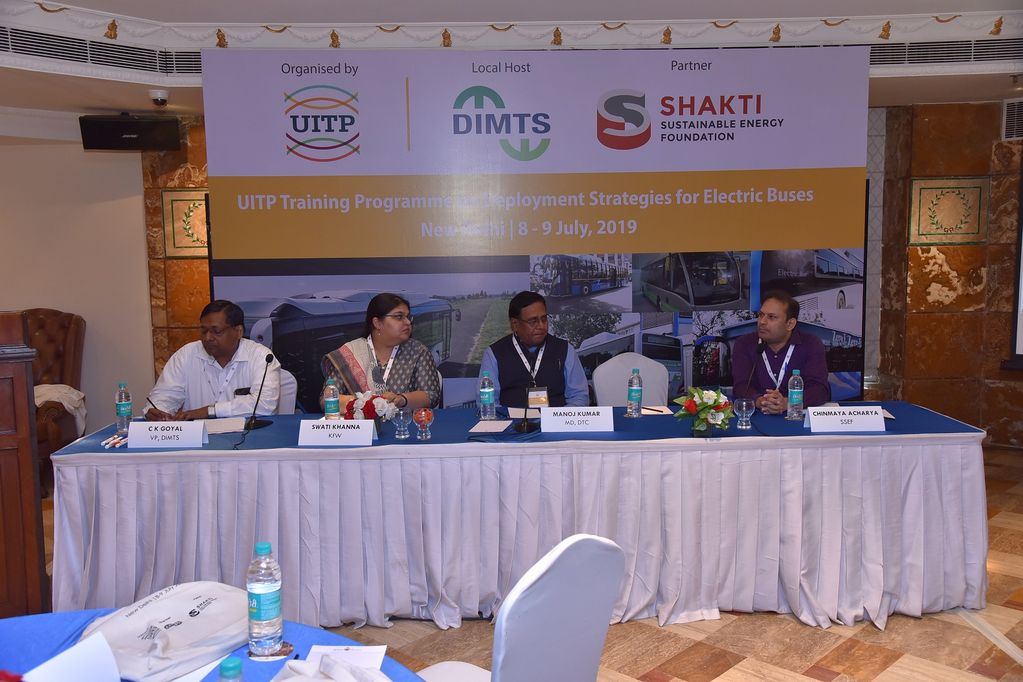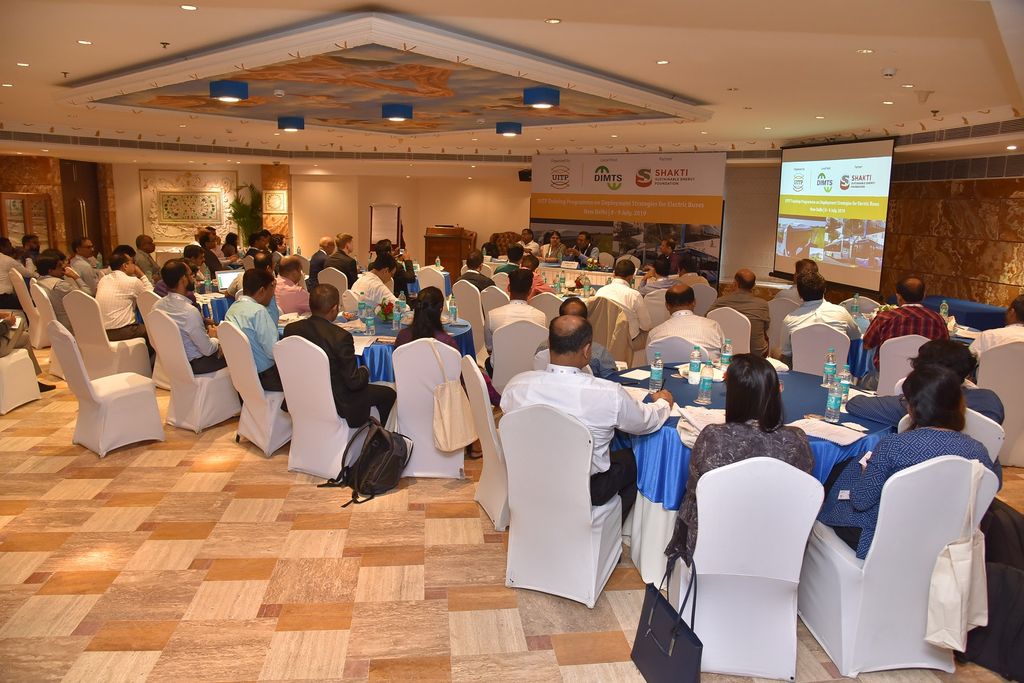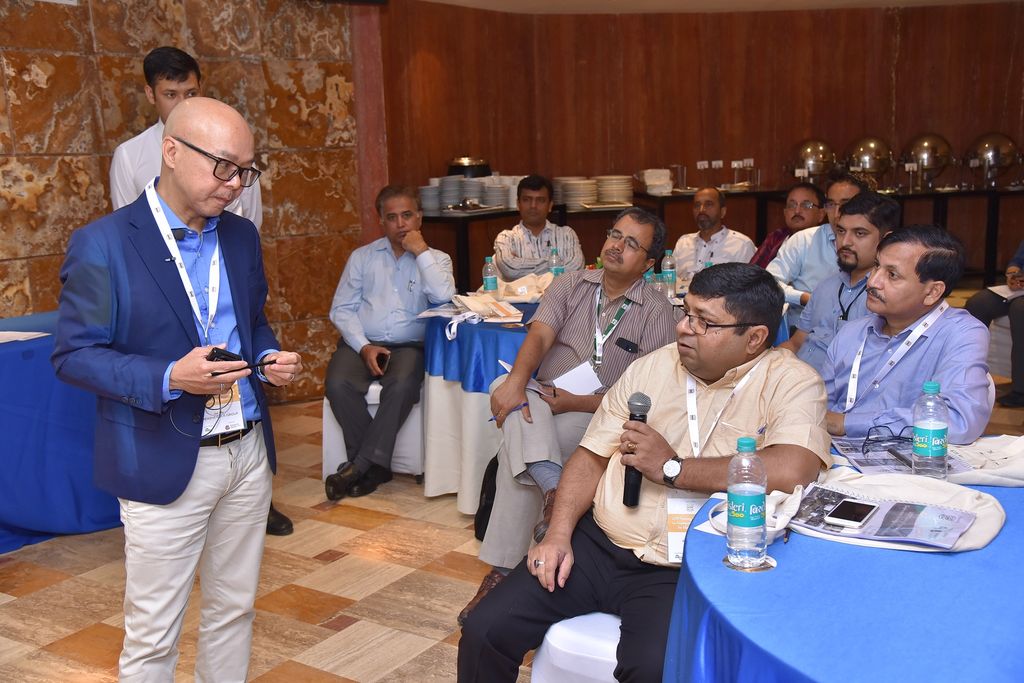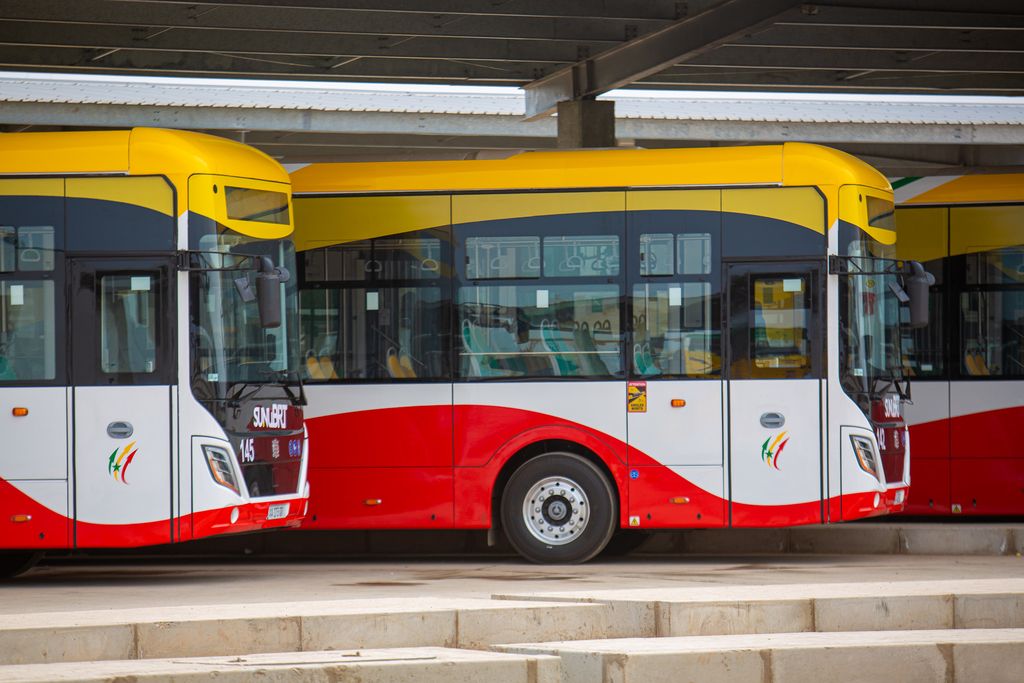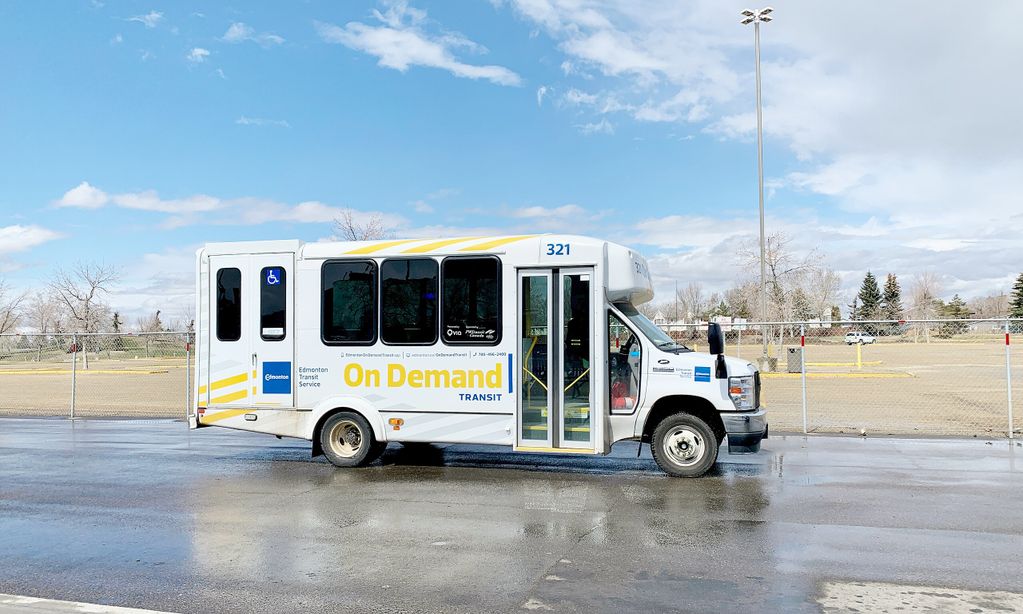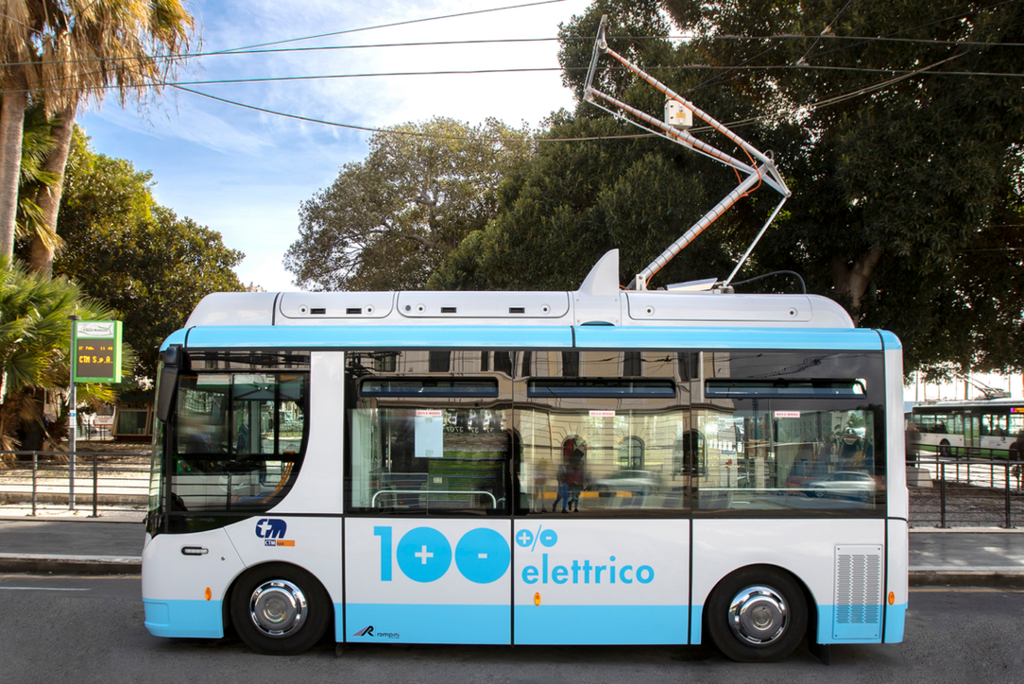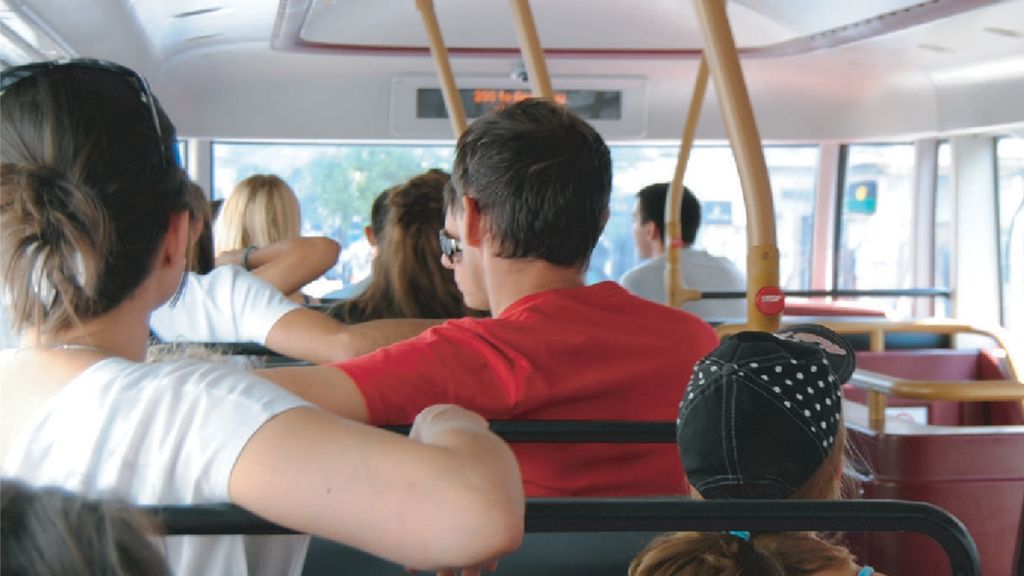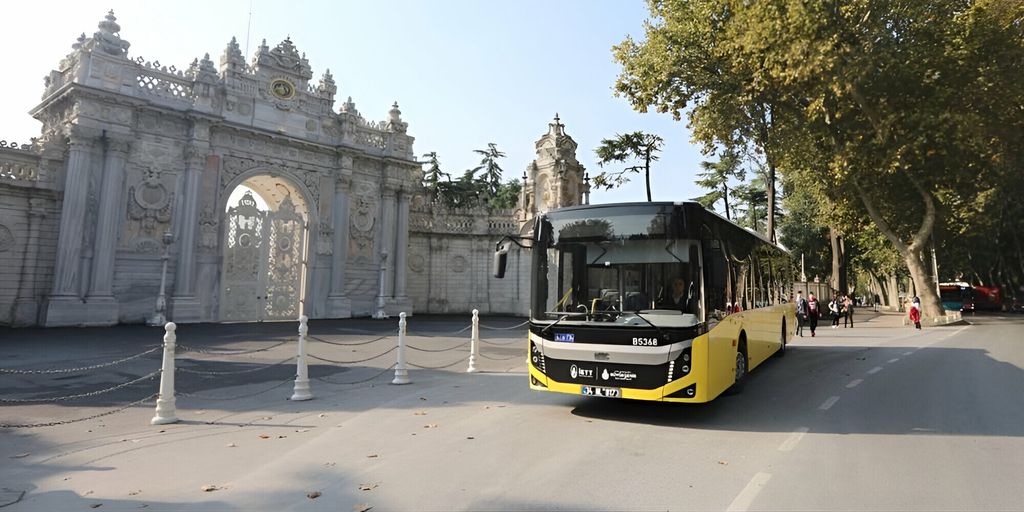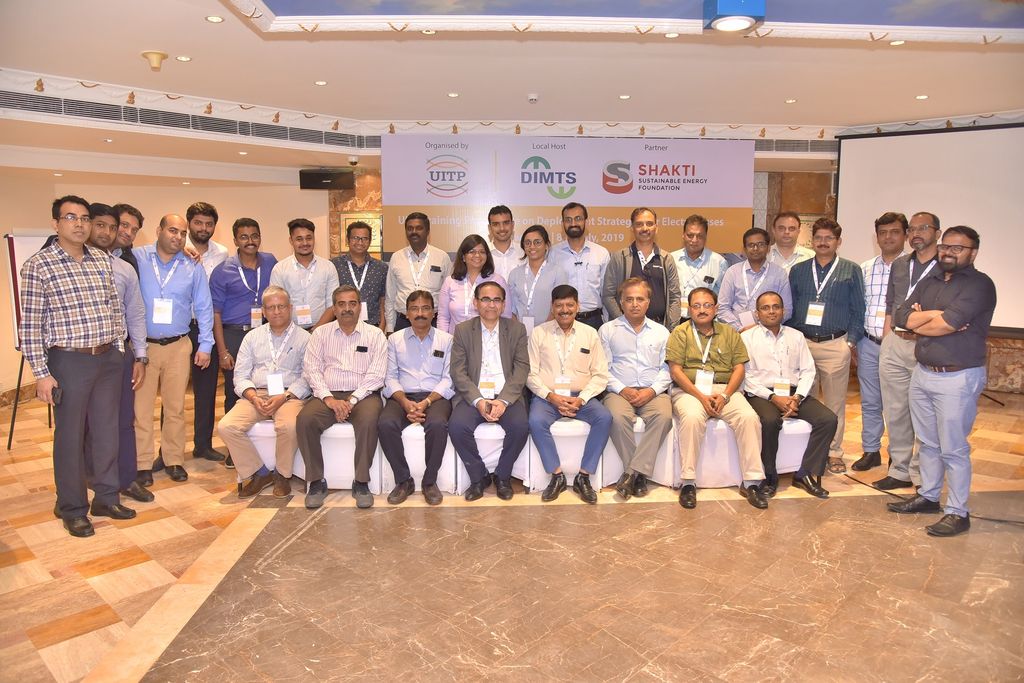
UITP India organises training programme on deployment strategies for electric buses
India is currently undergoing an electric mobility revolution triggered by government schemes such as FAME or Faster Adoption and Manufacturing of Hybrid & Electric Vehicles – a scheme launched by Government of India in March 2015 with an aim to promote hybrid and electric vehicles. It recently witnessed the introduction of its second Phase in February 2019. The revised scheme FAME India Phase II and its guidelines were approved by Union Cabinet for implementation over a period of three years with effect from 1st April 2019. The Scheme has an outlay of INR 100 Billion. The scheme covers electric two- wheelers, three wheelers, four wheelers and buses. The focus is largely on public transportation vehicles.
Transformation of public transport systems, particularly bus systems from Internal Combustion Engines (ICE) vehicles to electric propulsion is important as it has the potential to convert higher passenger-km to be environment friendly. Furthermore, the high daily vehicle utilisation of bus services also helps maximise the operational cost saving benefits from electric vehicles thereby the shorter pay-back period among other electric vehicles.
Appreciating these factors, some cities have already initiated electric bus roll-out, while many others are at different stages of planning and implementation.
In this context, cities are now faced with challenges in identifying context specific deployment strategies for electric buses covering vehicle technology alternatives, incentive schemes and procurement models for electric buses. To support cities in addressing some of these issues, UITP India organiseda two-daytraining programme on “Deployment strategies for electric buses” in New Delhi between 8-9 July 2019. The training program was supported by Shakti Sustainable Energy Foundation (SSEF) and Delhi Integrated Multimodal Transit System Ltd (DIMTS.
The training brought together about 70 participants, representing 40 organisations comprising of State Transport Undertakings (STUs), Original Equipment Manufacturers (OEMs), private bus operators, other representatives from the industry and think tanks. Indian and international experts on the topic of e-buses and the associated ecosystem delivered training on wide range of topics for e-bus deployment.
The objective of the training was to enhance the understanding among participants on the technicalities of e-bus deployment and various procurement methods for e-buses. The program covered the following topics:
- Panel discussion 1: Fiscal incentives for electric buses
- Panel discussion 2: Expectations from FAME-II
- Session I: Technology evaluation for electric bus
- Session II: Charging infrastructure and depot management for e-bus deployment
- Session III: Bus contracting in India
- Session IV: Tender process for e-buses
The key takeaways from the training are summarised here as recommendations to FAME II at the National level and to inform deployment at the State and City levels.
Inputs for effective implementation of FAME II scheme
- Need for a holistic deployment strategy
- Creating the right ecosystem
- State level institutional measures
- State and City level funding to complement FAME II subsidy
- Identifying appropriate range and assured-km
- Provisions on energy efficiency
- Need for Total Cost of Ownership (TCO) analysis
- Including electricity Distribution Companies (DISCOMs) in developing the implementation plan
Inputs for State and City level initiatives needed for e-buses
- Focusing on ‘electric mobility’ not just ‘electric vehicles’
- Viewing electric buses as a transformational initiative
- Including e-buses as a part of the long-term vision for the bus services
Inputs for infrastructure and service planning of e-buses
- Cities need to carry out detailed alternative analysis to identify the specific depots and routes for deployment of electric buses
- Specific approach for depot, route selection has to be applied
- Specific approach for charging infrastructure planning
Inputs for tendering and contracting of e-uses
- Many of the STUs have been reliant on in-house operations for conventional buses. FAME II has initiated the twin transition of moving to e-bus technology and to privatised operations of buses. Therefore, the discussions revolved around building technical capacity STUs to handle the transition
- Developing a favourable Public Private Participation (PPP) ecosystem:
- Inputs to Gross Cost Contract (GCC) based operations:
- Suggestions on e-bus tendering process
Overall, the sessions generated active discussions among participants and addressed many apprehensions cities had on electric bus deployment. UITP will engage further on these topics by engaging with GoI to share the feedback received on the FAME incentive.
